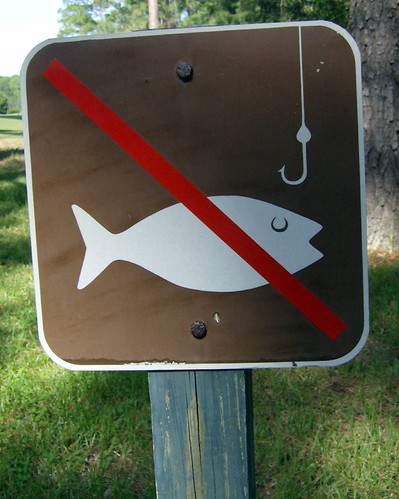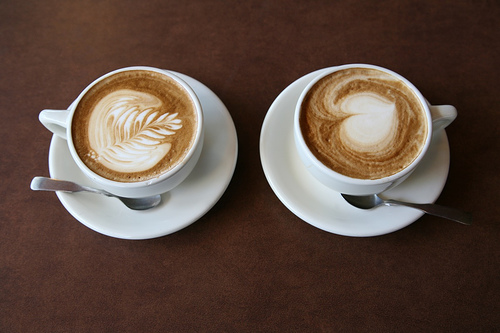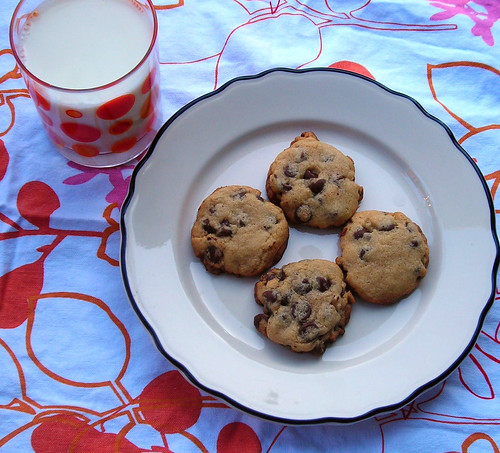 I am becoming a scientist. I am trained in research methods, statistics, and in the critical analysis of empirical data. As a researcher, I want to study mental health and physical health; mental illness in developing countries; immigrant communities in the United States; and religion and well-being. It would seem like I would think twice before taking on another research topic. Yet that is exactly what I did this week, as I prepared a brief paper on eating disorder classification and the revision of the Diagnostic and Statistical Manual of Mental Disorders. For once, I wanted to study eating disorders face to face, peruse the most recent literature, and put all of my scientific training on a topic that is perilously close to home.
I am becoming a scientist. I am trained in research methods, statistics, and in the critical analysis of empirical data. As a researcher, I want to study mental health and physical health; mental illness in developing countries; immigrant communities in the United States; and religion and well-being. It would seem like I would think twice before taking on another research topic. Yet that is exactly what I did this week, as I prepared a brief paper on eating disorder classification and the revision of the Diagnostic and Statistical Manual of Mental Disorders. For once, I wanted to study eating disorders face to face, peruse the most recent literature, and put all of my scientific training on a topic that is perilously close to home.What have I learned from this experiment/experience? I am a bit disappointed at the outcome. My scientific training has prepared me for reading correlation tables and understanding casual relationships, but it has not taught me what to do when the topic that I am reading about pertains to my own life.
The issue of "bias" crept up on me as I read about eating disorders, but not in the way that I expected. I have strong views about eating disorders based upon my own experience, but I am willing to put those aside in the face of strong empirical to the contrary. It was not this kind of bias that I struggled with as I put together my paper, but rather the kind of bias that directed my attention towards those topics that had the most personal relevance.
Usually, when I read scientific articles, I pay attention to things like the methods used, the sample size, the statistical analysis, the significance of the results. With eating disorder research, my initial reaction was different: I read much more selectively. For example: I often struggle with anxiety, so when I came across a few articles that linked eating disorders and anxiety through family studies, I was eager to understand everything that I could. There are similar studies that show connections between eating disorders and obsessive compulsive disorder, and eating disorders and mood disorders -- but because I have been trying to get my own anxiety under control, those were the articles that most caught my attention. This kind of selective reading is most decidedly not the objective approach I have been taught in school, and yet I wonder if it isn't helpful, in its own way.
One drawback to empirical studies is that they often lack a clear sense of their own meaning. What does it matter if people with anorexia are more likely to have anxiety disorders than your average Susan? To scientists, such connections teach us more about the origins of mental illness, but to individuals who suffer from anorexia, knowing that anxiety may be par for the course may be immensely reassuring, in its own way. Going back to my own example: I have recovered from my eating disorder, but I feel that I still have something to gain from addressing my anxiety. Knowing that anxiety often accompanies (or precedes) eating disorders is reassuring in that it tells me that there is an order to this mess of my mind, that it may behave in predictable ways even as it feels chaotic to me. In fact, knowing that anxiety is linked to eating disorders makes me more inclined to treat my anxiety seriously, not just as a remnant of my eating disordered past, but as something that might be worth understanding better in the here and the now.
I am curious: if you have had an eating disorder, how do you feel about reading research about them? Do you have trouble drawing the line between personal experience and scientific evidence and, if so, how do you reconcile the two? I suspect that my attitude towards ED research will change as I learn more about it -- in the brief span of writing this paper I became noticeably more focused on the data, and less on my own experience -- but I would like to know how others deal with this problem, too.










